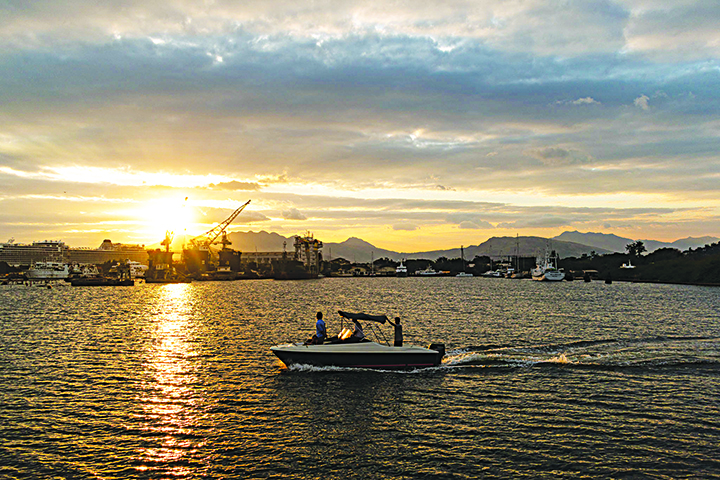
(Philippine statement delivered by Foreign Affairs Secretary Teodoro L. Locsin, Jr. at the 29th Meeting of States Parties to the UN Convention on the Law of the Sea, Agenda Item 8: Commemoration of the twenty-fifth anniversary of the entry into force of UNCLOS, June 17, 2019, Conference Room 1, UN Headquarters, New York)
We thank the Secretary General for joining us today in commemorating the 25th anniversary of the entry into force of UNCLOS.
The Philippines was one of the original signatories of UNCLOS in 1982, and ratified it two years later. Recently and famously, on the basis of UNCLOS it filed a carefully crafted and successful complaint at The Hague to clarify the legal situation in the South China Sea; to remove the confusion or the pretext of confusion on the part of those violating it.
We have strongly supported and upheld UNCLOS because it provides a comprehensive legal regime for the oceans and the seas. As the “constitution of the oceans,” it affirms the rule of law in maritime space. Rule of law must be adhered to by all States Parties in the belief that no one can thrive nor survive for long in anarchy. Whether international law can be enforced is another matter. And it doesn’t help that parties with the strength to enforce it — and who have invoked a lot the need for it — have not joined it.
On June 9, 2019, a Philippine fishing vessel anchored in Recto Bank in Palawan, in the West Philippine Sea, sank after an incident with a Chinese vessel. The incident’s location is at an area within the exclusive economic zone of the Philippines.
The 22 Filipino crew were left in the water until a Vietnamese vessel took them on board. We are eternally in debt to our strategic partner, Vietnam, for this act of mercy and decency.
The incident, to put it diplomatically, highlights the moral and possibly legal —though one wouldn’t wager on it — imperative of coming to the rescue of persons in distress at sea. Article 98 of UNCLOS explicitly provides for the “duty to render assistance”. This duty of the master of a ship is three-fold:
- To render assistance to any person found at sea in danger of being lost;
- To proceed with all possible speed to the rescue of persons in distress, if informed of their need of assistance, in so far as such action may reasonably be expected of him; and
- After a collision, to render assistance to the other ship, its crew and its passengers and, where possible, to inform the other ship of the name of his own ship, its port of registry and the nearest port at which it will call.
The same categorical imperative is found in the IMO International Convention for the Safety of Life at Sea, as amended, and the IMO Convention on Maritime Search and Rescue to which we have appealed.
It is the obligation of every member state of the UN and of the IMO to pay, not just lip service to these conventions but to observe them in real life-and-death situations. The rescue of persons in distress is a universally recognized obligation of people and governments; and in the civil law and, maybe even in common law, it is a felony to abandon people in distress; especially when we cause that distress; and more so when it is no bother at all to save them at no risk to oneself. While no sanction is available in international law, it should be a cause of some concern.
Thank you.





























1 comment
but so many are crying for war.
as long as it’s not them or their kids that will be in the front line.